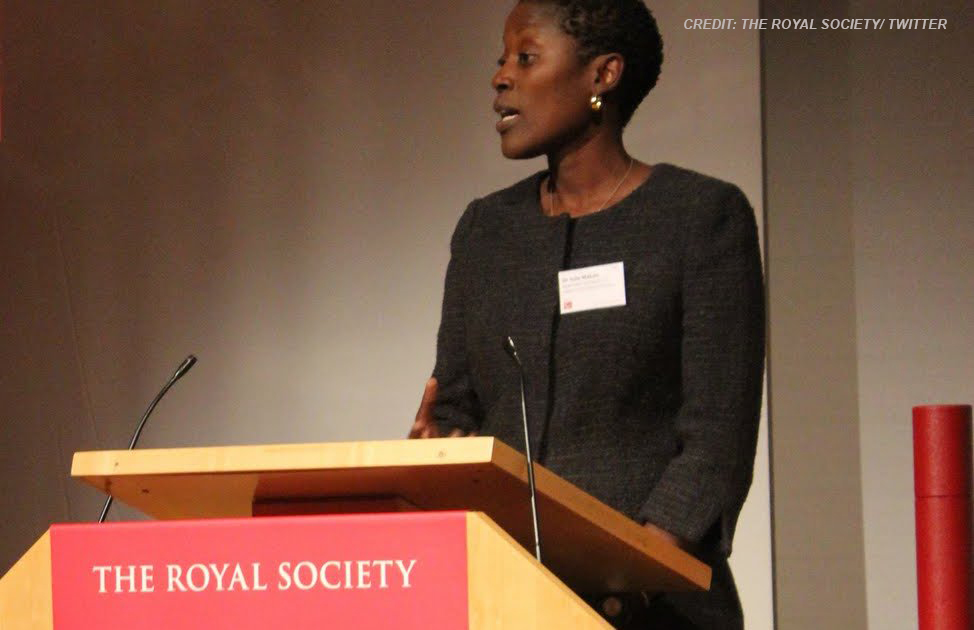A Physician’s Bold Fight Against Anaemia
Pushing the Frontiers of Sickle Cell Research
Dr Julie Makani is one of Africa’s leading researchers in the field of sickle cell anaemia. She has emerged as a leading African and global researcher, clinician, and academic working at the frontlines of research in sickle cell anaemia. Dr Makani has committed her professional life to bringing all the tools and knowledge necessary to address this huge health care problem in Africa. A personal tragedy sparked Dr Makani’s resolve to work to fight the disease. Two of her cousins who had the disease died from it after having grown into adulthood and graduated from medical school. She is also driven by the sheer scale of the problem that comes with the disease, which she believes is nothing short of a tragedy. Sub-Saharan Africa has the largest burden of sickle cell anaemia in the world .

Globally over 300,000 children are born with the disease with about 70% being born in Africa. In Tanzania alone, about 8000 to 9000 children are born with the disease with many of them not even realising that they have the disease. Moreover, many of the children in Africa who are born with sickle cell anaemia die before they are five and if they do survive, their average life expectancy is only 25 years. Meanwhile, in high income countries, where sickle cell is detected at birth through new born screening programs, fairly simple measures are instituted which result in the reduction of mortality by almost 90%. Dr Makani has a bold vision of how the disease can be collectively addressed on the continent and around the world. Her vision is not the palliative solution to the disease. Instead her dream is the search for a cure for the disease-a dream which she believes is possible to achieve with the power of partnership and collaboration.
As such, Dr Makani is a proponent of forging collaborations among actors, institutions, decision makers, and practitioners who are working in the field of sickle cell. And although the problem is large, Dr Makani is an optimist with a broad strategy for fighting the disease. She believes in the need to improve training of more health care professionals and scientists to improve diagnosis of the disease as well as formal training programmes for policy makers to inform them of the need for bold action on the disease. Dr Makani has also been active in developing regional networks focused on research and advocacy in several African countries. Globally, she has also forged research links with international malaria organisations and some of the world’s leading laboratories. In her many activities in Tanzania she has mentored projects and programs at the undergraduate and graduate levels, and established The Sickle Cell Foundation of Tanzania.

Dr Makani, who is based at Tanzania’s Muhimbili University of Health and Allied Sciences (MUHAS) received her medical degree in 1994 from Muhimbili University. She later pursued post graduate studies in internal medicine from the Royal Postgraduate Medical School at the University of London. She also had a stint at Oxford as a research fellow at the Nuffield Department of Medicine. She also holds a PhD in the clinical epidemiology of sickle cell disease. In 2011 she received the Royal Society Pfizer Award in recognition of her work.

